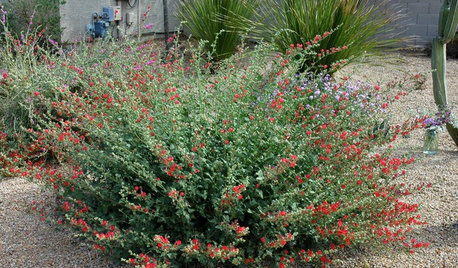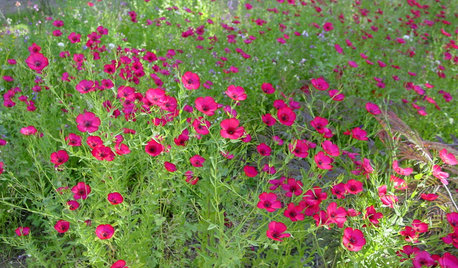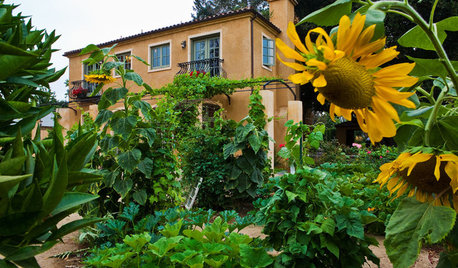Homemade liquid fertilizer
plant-one-on-me
15 years ago
Related Stories

GARDENING GUIDESGet on a Composting Kick (Hello, Free Fertilizer!)
Quit shelling out for pricey substitutes that aren’t even as good. Here’s how to give your soil the best while lightening your trash load
Full Story
GARDENING GUIDESHow to Keep Your Citrus Trees Well Fed and Healthy
Ripe for some citrus fertilizer know-how? This mini guide will help your lemon, orange and grapefruit trees flourish
Full Story
GARDENING GUIDESSouthwest Gardener's February Checklist
Orange you glad for a citrus-fertilizing reminder? And don't forget the recommended doses of vegetable seeds and cold-hardy flowers
Full Story
GARDENING GUIDESSouthwest Gardener's August Checklist
Manage monsoon effects, remember to fertilize and don't let the heat deter you from planting for fall
Full Story
GARDENING GUIDESThe Poop Scoop: Enrich Your Soil With Good Old Manure
Get over the ick factor already — this natural super-ingredient for soil has so many benefits, you'll wonder why you ever went chemical
Full Story
LANDSCAPE DESIGNGet Along With Less Lawn — Ideas to Save Water and Effort
Ditch the mower and lower your water bill while creating a feast for the eyes with diverse plantings and gathering places
Full Story
REGIONAL GARDEN GUIDESTexas Gardener's April Checklist
Get your sowing and planting on — spring brings a tantalizing array of possibilities in the garden
Full Story
HOUSEPLANTSMeet a Long-Lasting Houseplant With a Forgiving Heart
Low light and little watering won't scar Zee Zee plant for life; this East Africa native has a tolerant nature and an exotic beauty
Full Story
GARDENING AND LANDSCAPINGBackyard Living: The Scoop on Chicken Coops
Perk up your morning with fresh eggs and chickadee clucks when you build a chicken coop in your own yard
Full Story
FARM YOUR YARDHow to Get Good Soil for Your Edible Garden
The nutrients in your soil feed the plants that feed you. Here are tips on getting it right — just in time for planting season
Full Story






organicguy
dchall_san_antonio
Related Professionals
New Bedford Landscape Architects & Landscape Designers · Comstock Park Landscape Architects & Landscape Designers · Alexandria Landscape Contractors · Medford Landscape Contractors · Bridgeport Landscape Contractors · Cockeysville Landscape Contractors · Davidson Landscape Contractors · Fridley Landscape Contractors · Lake Zurich Landscape Contractors · Mequon Landscape Contractors · Selden Landscape Contractors · West Orange Landscape Contractors · Golden Valley Landscape Contractors · Kansas City Decks, Patios & Outdoor Enclosures · Highland Decks, Patios & Outdoor Enclosuresorganicguy
dchall_san_antonio
organicguy
Kimmsr
organicguy
rootdoctor
organicguy
takadi
rootdoctor
takadi
rootdoctor
bloosquall
dchall_san_antonio
organicguy
dchall_san_antonio
organicguy
dchall_san_antonio
peter_6
organicguy
busylizzy
dchall_san_antonio
busylizzy